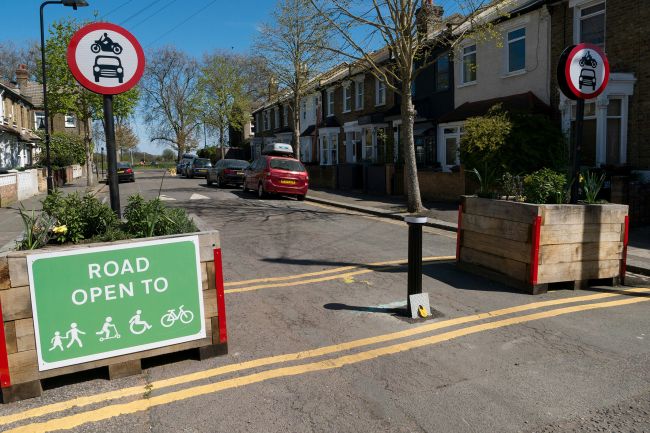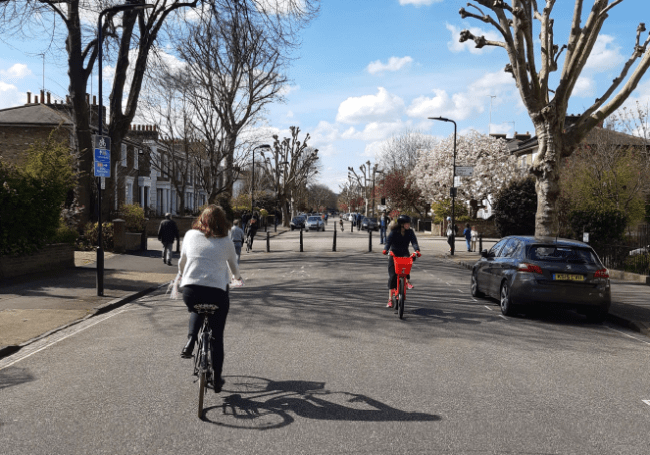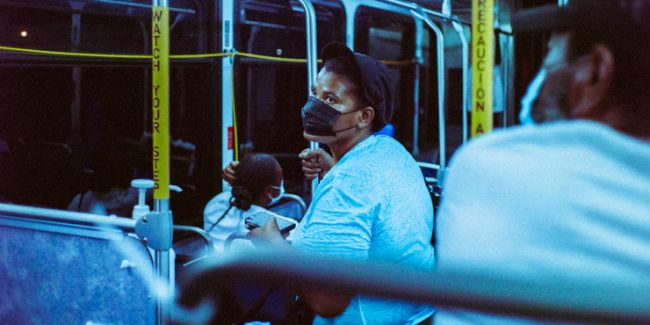Changing travel behavior: transferring global best practice to the US
Steer has implemented over 50 PTP projects, engaging with over half a million households in the UK and Australia.
Steer Davies Gleave has implemented over 50 Personalized Travel Planning (PTP) projects, engaging with over half a million households in the UK and Australia. We have also been actively looking for opportunities to trial this approach in the US to see whether the same positive outcomes can be achieved.
Personalized travel planning is a commonly-employed form of community-based social marketing in the UK. It involves door-to-door outreach using Motivational Interviewing techniques to understand a participant’s current travel experience and any barriers or frustrations they encounter with their current mode or alternatives. This engagement method uses open-ended questions to explore the motivations of participants to change their travel behavior. It then helps them to identify resources and strategies to act upon them, such as free transit passes, pedometers or neighborhood travel maps.
Steer Davies Gleave brought PTP to the US in 2014, working in partnership with the San Diego Association of Governments, to implement a pilot project, Travel Encinitas. We then planned and delivered the In Motion project for King County Metro in 2015 to 5,000 households in the Green Lake area of Seattle.
Engagement outcomes
During the Travel Encinitas pilot project, 372 households were visited over a three day period and approximately two-thirds of the residents were spoken to. About half of residents spoken to participated in the PTP program, meaning they engaged in a conversation with the Travel Advisor about their travel options and were given tailored resources relevant to their situation.
In Green Lake, 5,000 households were visited on up to three occasions by a trained Travel Advisor. A lower proportion, 42%, were at home when an Advisor called, although a higher proportion, 55% of those spoken with, chose to participate through a conversation about their travel. A regional ORCA transit fare card was the most popular resource, with over 1,400 households requesting one; a bike map and a walking map were the next most popular resources with over 700 households requesting each of these.
The number of participating households in Encinitas was in line with our UK experience, where between 30-40% of residents participated. In Green Lake, it was less with 23% participating. Both figures are much higher than most Individualized Marketing (IM) projects in the US, where only about 5-10% of households participate.
Impacts
In our Encinitas pilot project, 86% of participants agreed that the conversation with the Travel Advisor was helpful, and none disagreed. Two-thirds of participants agreed that it had made them think more about their travel options, while 61% agreed that they now felt more positive about walking around their local area. In addition, residents were asked how many trips per week they made on average using different modes; this information was collected during the PTP conversation and then again during the follow-up to establish a before/after comparison.
In Seattle, follow-up surveys were undertaken with 15% of participants, four to six weeks after their initial conversation. Almost all survey respondents (90%) claimed that the conversation with the Travel Advisor was worthwhile. Over half of respondents noted that the conversation made them think more about travel (66%) and feel more positive about local walking (62%), bus (50%) and cycling (44%).
Over 25% of participants surveyed reported reductions in driving, with the majority cutting one drive-alone round trip per week.
Further, 23% of respondents indicated that they used the bus more, with the majority using the bus for two additional trips each week. Mode share surveys also showed an overall 4% decrease in drive-alone car travel, and increases in bus, bike, walk and carpool modes.
Written by Lisa Buchanan.



















